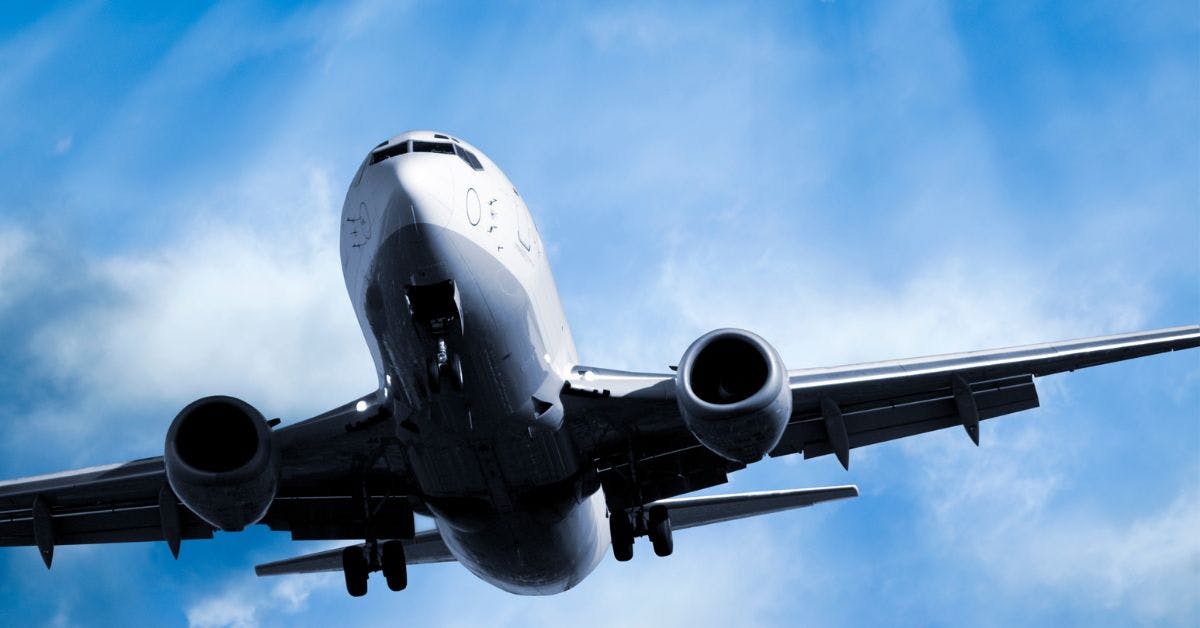153 reads
Tech Is Shaping the Airlines Business: Here's How
by
June 26th, 2023
Audio Presented by

Tech Marketer and Media Strategist. Writes for; Entrepreneur, Yahoo, Forbes, and others.
About Author
Tech Marketer and Media Strategist. Writes for; Entrepreneur, Yahoo, Forbes, and others.
